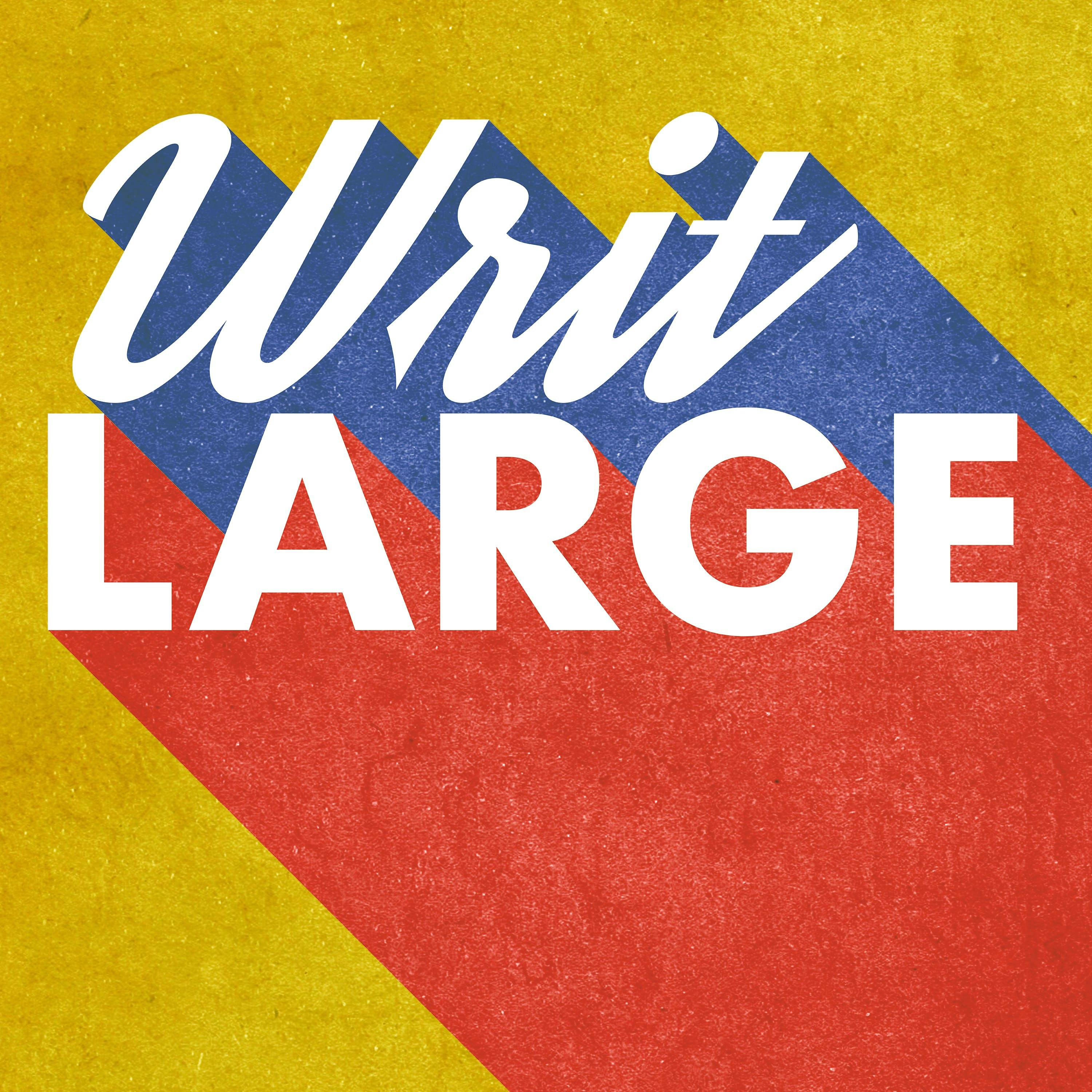On Franz Kafka's "The Trial"
Description
When reading a crime novel, we usually learn the crime within the first few page turns; the trick is discovering the perpetrator. Perhaps this is what makes Franz Kafka’s 1914 book The Trial so haunting—the crime itself is never revealed. Kafka was born in the Austro-Hungarian Empire in 1883 and died in 1924, never experiencing the Nazis or Hitler’s totalitarian rise to power. Yet his book seems to prophesize the most dangerous aspects of unchecked bureaucracy, legal systems, and arbitrary power. Columbia University Professor Mark Anderson discusses the legacy of Franz Kafka and how his brutal and terrifying novel helped birth the term “Kafkaesque.” Mark Anderson is the Director of Undergraduate Germanic Studies and a Professor of Germanic Languages at Columbia University. He is the author of books such as Kafka’s Clothes and Reading Kafka: Prague, Politics and the Fin de Siecle. See more information on our website, WritLarge.fm.
Learn more about your ad choices. Visit megaphone.fm/adchoices
More Episodes
Martin Heidegger did not like small thoughts. He was fascinated by the most expansive questions humans can ask themselves. Questions like: Why are we here at all? Why do things exist as they do? What does it mean to be in the world? Heidegger came to believe that many of the modern answers to...
Published 12/21/22
Published 12/21/22
In Paris in 1953, one of the strangest and most popular plays of the 20th century premiered, Waiting for Godot, written by the Irish writer Samuel Beckett. Since the premier, people have been trying to figure out what this play means. It’s been interpreted in countless ways, with no definitive...
Published 12/20/22


